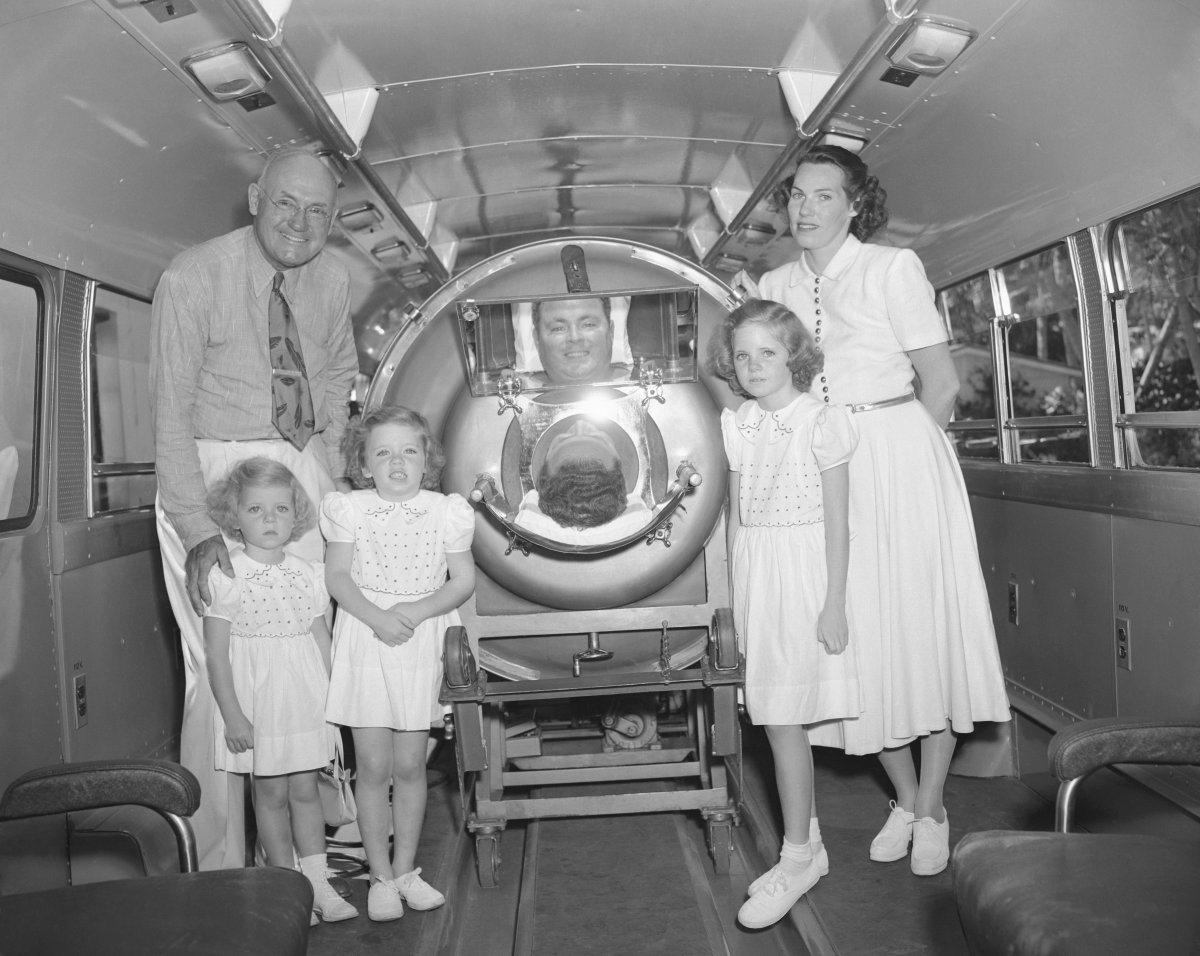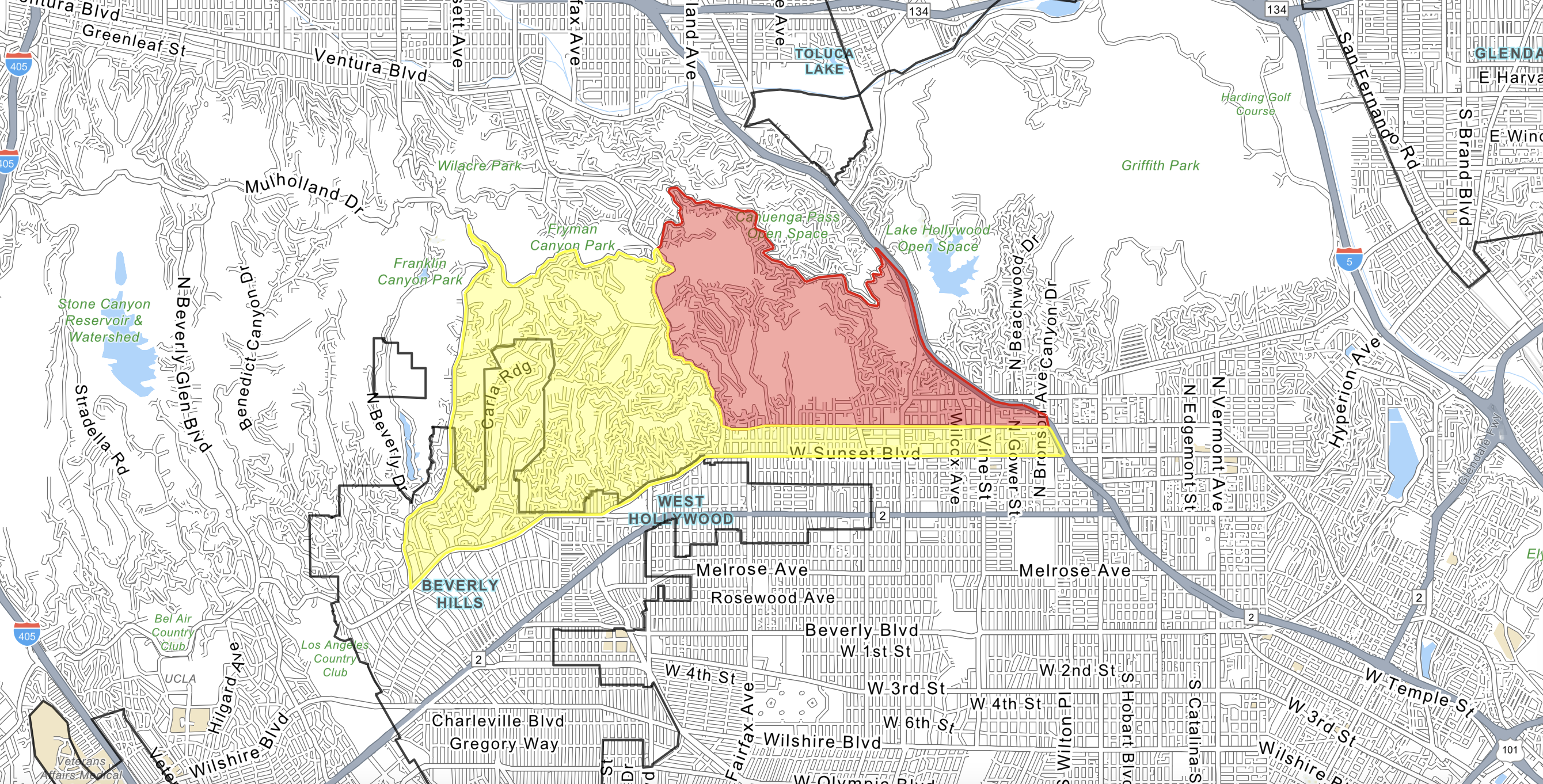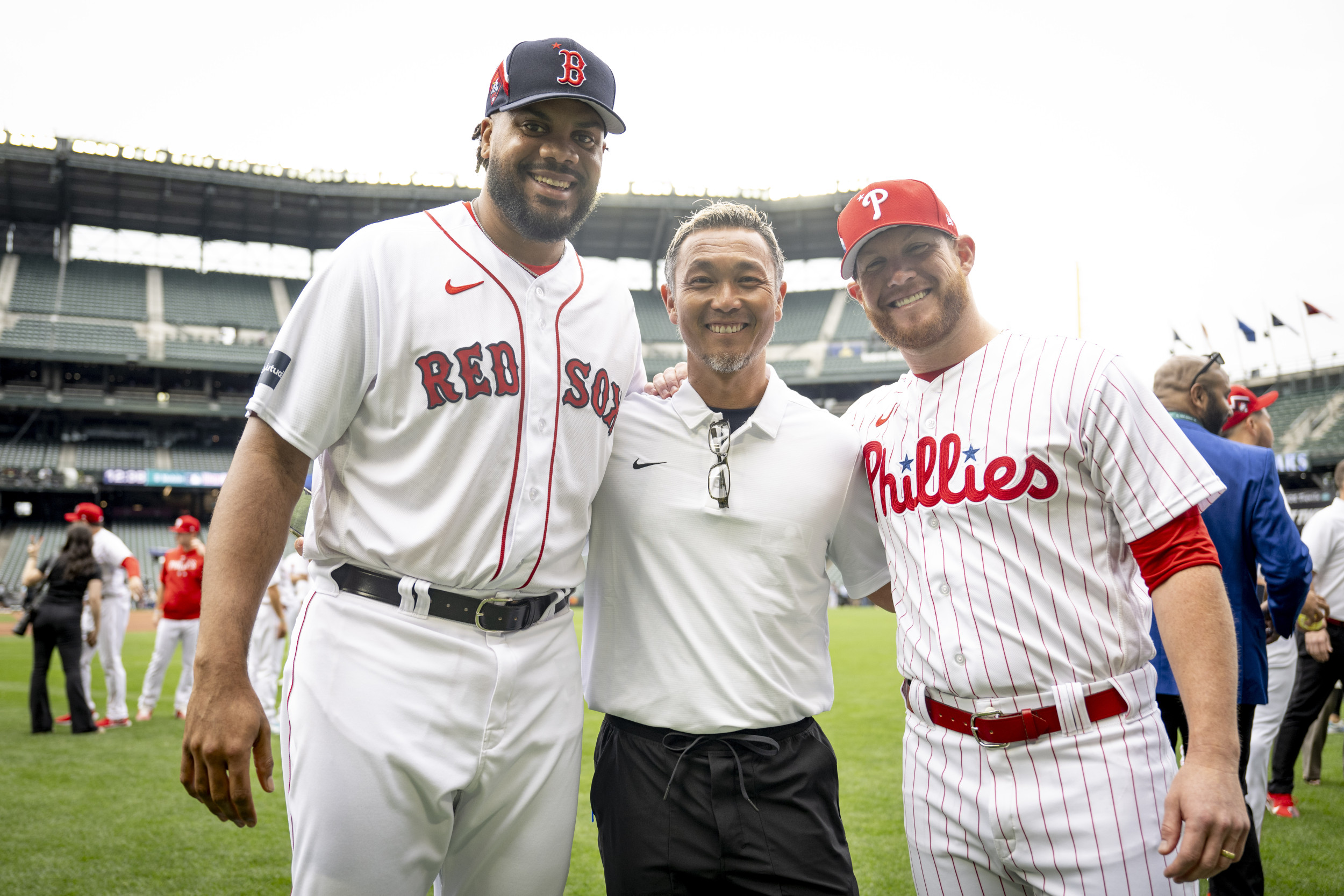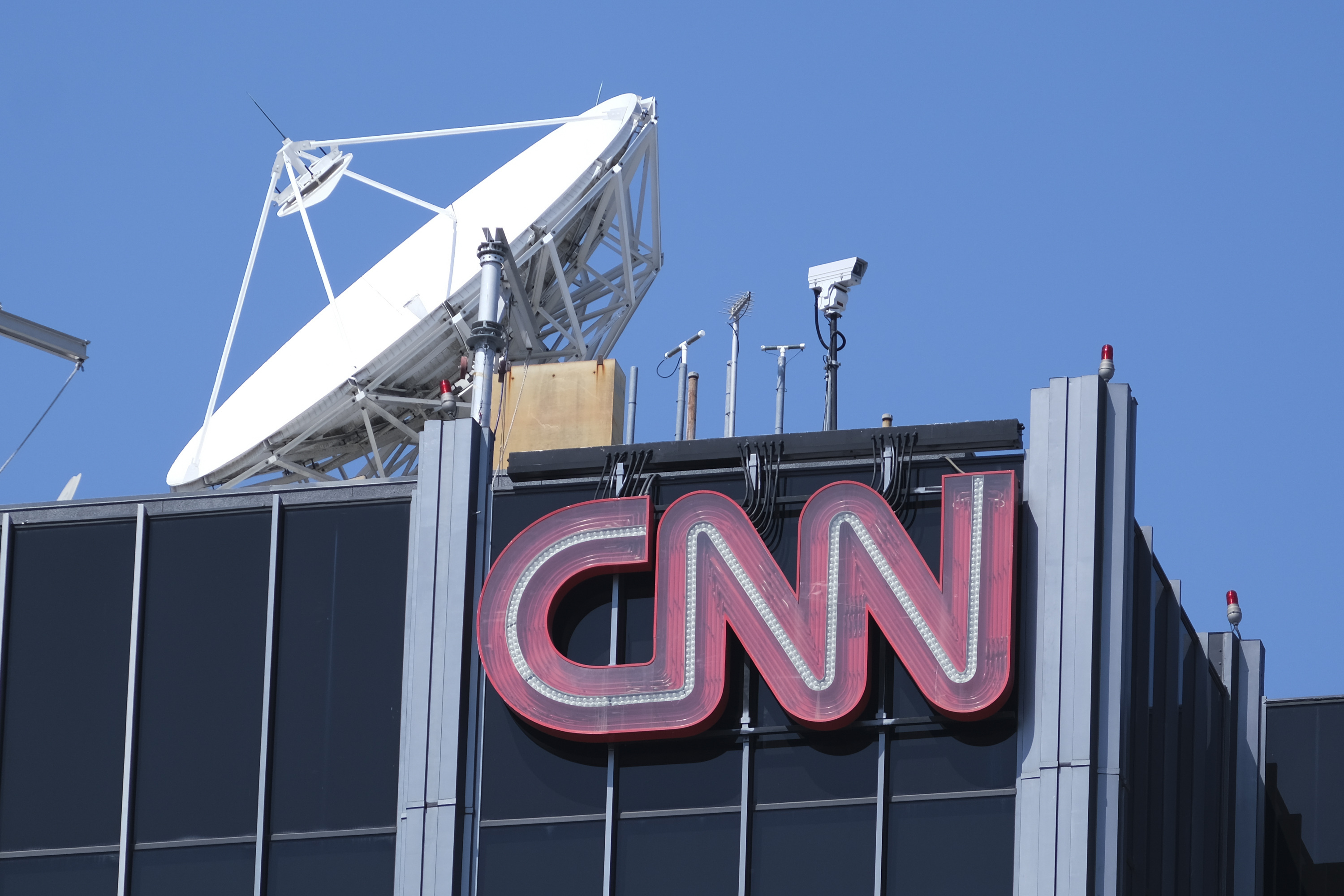By Donna A. Gaffney and Teri Mills
"Some of the kids never stopped crying, not from pain, but from fear and loneliness." These haunting words from Peg Kehret's award winning book Small Steps: The Year I Got Polio remind us of a time when the fight against the disease was far from over. It is a fight we cannot afford to relive.
More than 35 children's books recount the polio epidemics of the mid-20th century, ranging from fiction to biographies of Dr. Jonas Salk (the discoverer of the polio vaccine) to nonfiction exploring the science and historical impact of the disease. While today's children may not face the same threat of polio, their voices are noticeably absent amid the growing questions and fears sparked by the culture wars. Several weeks ago, one of our young granddaughters asked why polio is on the news all the time.
"Is it like the flu? How do kids get better? Why can't some walk? Can I get it?" After a brief explanation about polio vaccines and the ongoing debate around their necessity, she paused and asked, "What happens if we can't get the vaccine? Will kids get sick again?"

In the 1950s parents were desperate for a cure—or at least a way to prevent polio. Children endured immense physical pain from heat packs and the stretching exercises of Kenny treatments, emotional pain from isolation from their family and friends, and social pain when removed from school. In her novel, Chasing Orion, Kathryn Lasky describes the horror of an 11 year-old-child living in an iron lung, "I have 87 cubic centimeters of air, but you have the world."
Parents suffered too. Families were often split apart: one parent stayed home with the healthy siblings, while the other remained at the hospital with their sick child.
Scientists worked frantically to find a vaccine for polio. In 1947, Salk led a team of researchers at the University of Pittsburgh in studying the disease. By 1952, Salk's groundbreaking research paved the way for vaccine trials on humans, starting with hospitalized children in Pennsylvania and eventually involving 1.6 million children in Canada, Finland and the United States. The results proved to be nothing short of miraculous. The vaccine proved to be effective and safe in protecting children from permanent paralysis, disability, and death.
There was a collective sigh of relief.
But here we are today, talking about polio and other vaccines, the past seemingly erased. Prominent people who remember the time before these miracle vaccines are sharing their stories—not only Kehret but Mia Farrow, Francis Ford Coppola, Joni Mitchell, and Sen. Mitch McConnell (R-KY), along with countless others. They are sharing their stories in hopes that today's parents and officials will listen.
At the same time that proponents of vaccines are speaking out, a leading voice pushing anti-vaccine conspiracies, Robert F. Kennedy Jr, has been nominated by President-elect Donald Trump to be the next Health and Human Services Secretary.
It is a scenario reminiscent of an episode of the Twilight Zone.
"Picture this: the year is now 2030, a world not of progress, but a haunting reflection of a past long thought left behind."
RFK Jr. will likely use his bully pulpit as HHS Secretary to sow doubt about vaccine safety and efficacy. This is the worst fear of physicians and nurses who are fighting valiantly to oppose his nomination. His "questions" go against all evidence. In fact, vaccines have prevented an estimated 154 million deaths since 1974, according to a May 2024 study in The Lancet. This includes 146 million deaths averted among children under the age of 5.
RFK Jr. has also promised to appoint vaccine skeptics to a committee that provides vaccination guidelines to the nation. Currently, these recommendations are determined by an impartial membership of scientists and medical experts and are based on proven, peer-reviewed research. If current vaccination schedules are not adhered to, especially in children, a resurgence in all communicable diseases is likely. That list includes polio. The mere thought of seeing thousands of children paralyzed or unable to breathe on their own underscores the devastating consequences of undermining science and public health.
Nurses and physicians have always been dedicated to ensuring the care and protection of our most vulnerable population, children. To safeguard our kids, we need an HHS secretary who trusts science and champions the safety and benefits of vaccines. That leader is not Kennedy.
To all members of the U.S. Senate: take heed of Winston Churchill's timeless warning: "Those who fail to learn from history are doomed to repeat it."
With Kennedy in charge, that may literally become the case.
Donna A. Gaffney and Teri Mills are both are leaders in Nurses for America
The views expressed in this article are the writers' own.




















 English (US) ·
English (US) ·